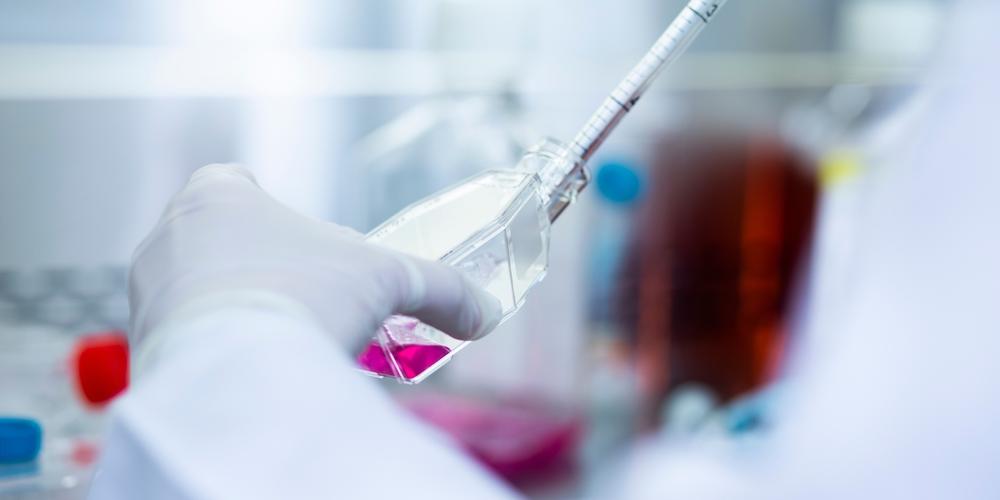
A research team led by Professor Claudia Spits at the Vrije Universiteit Brussel (VUB) has made significant strides in understanding and improving the safety of stem cell therapies. Stem cells hold immense potential to repair damaged tissues due to their ability to differentiate into various cell types. Despite the excitement surrounding this field, developing safe and effective stem cell treatments remains a challenge.
"Stem cells are remarkable, capable of transforming into different cell types in the body. Pluripotent stem cells, such as embryonic stem cells, can be cultivated in vitro and form nearly any cell type, making them incredibly valuable for regenerative medicine," says Professor Spits.
Her team’s research focuses on the genetic stability of these cells. One of the key concerns is that during extended cultivation, stem cells can develop genetic abnormalities, which can lead to tumors after transplantation.
"A case in China, where a patient developed a tumor following a stem cell transplant, underscores the need for thorough genetic screening before using stem cell therapies," explains Spits.
In their study, the team combined analyses of karyotypes (large chromosomal abnormalities) and point mutations (changes in a single letter of the genetic code) that are frequently linked to cancer. Their findings show that oncogenic mutations often occur alongside larger genetic abnormalities, likely due to natural selection during the cultivation process. The good news is that by closely monitoring for these chromosomal abnormalities, the risk of harmful mutations can be significantly reduced.
"We are using these findings to establish guidelines that enhance the safety of stem cell therapies," says Spits.
Professor Spits and her international colleagues are working on protocols to produce clinically safe stem cells, aiming to minimize risks such as tumor development. The work of her research group is crucial in ensuring the safety and efficacy of future stem cell treatments. She actively contributes to the International Society for Stem Cell Research (ISSCR) to help develop guidelines that support both research and clinical applications.